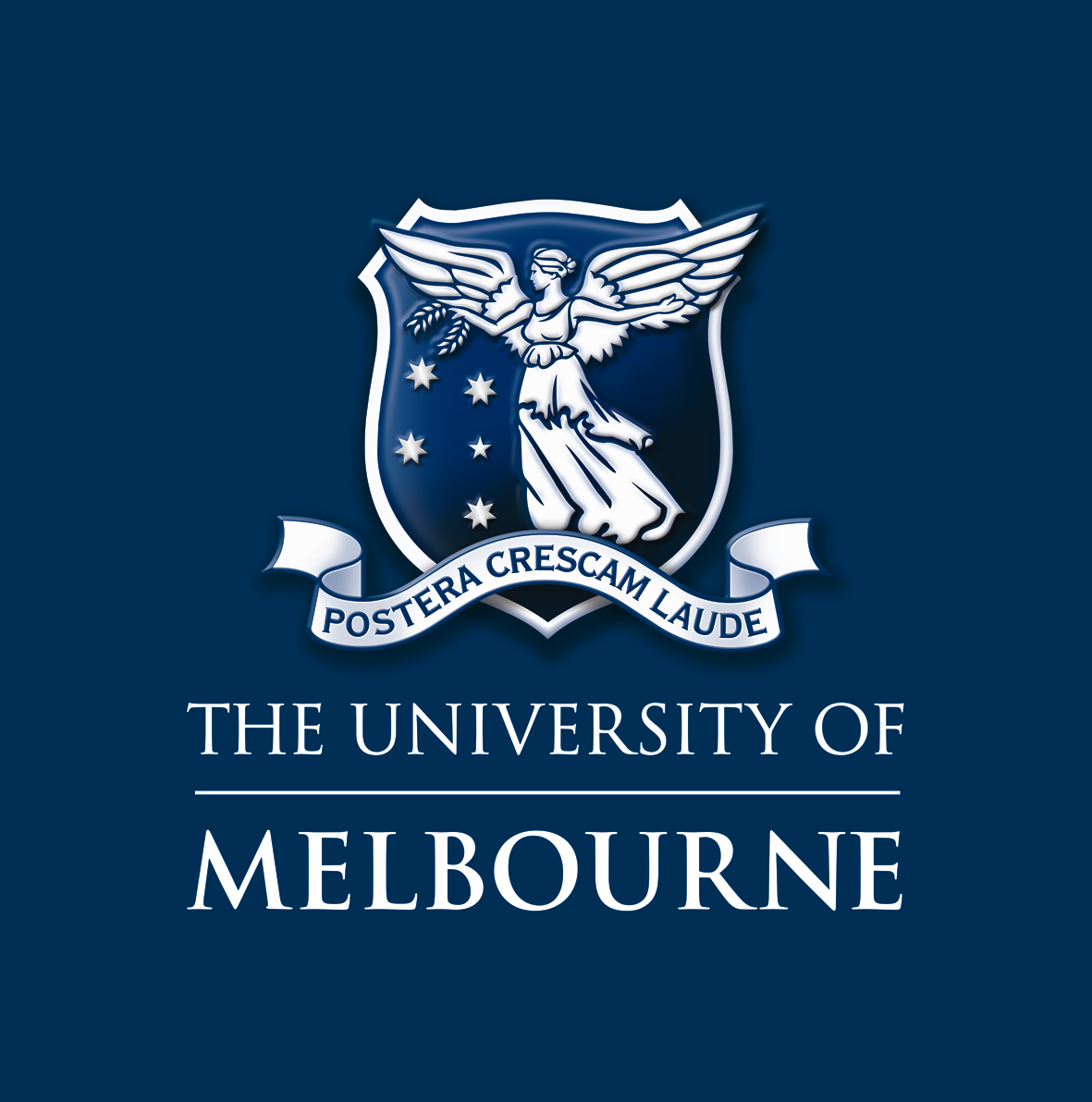Project: The immune signature of sepsis
Villadangos Group
There is an urgent need for treatments of sepsis, which is a dysregulated immune response to infection causing one in five deaths gloablly. Alhough this burden is highest in low-income countries, over 10% of Australian Intensive Care Unit (ICU) admissions are due to sepsis, with ~25% of these patients dying in hospital. Currently, there are no therapies to reverse sepsis-induced organ failure. Phase 1 clinical trials are now testing the use of mega dose sodium ascorbate (a formulation of Vitamin C) to treat sepsis. This project will use blood samples from Phase 1 human clinical trials and blood and tissue samples from large animal studies of sepsis. We will perform detailed immune phenotype analysis and functional cellular assays using flow cytometry as our main research tool to investigate how the immune signature of sepsis changes over time in ICU and with treatment. This will help us understand the immunological signature of sepsis and identify patients most likely to benefit from treatment.
Contact project supervisor for further
information and application enquiries
Villadangos Group
6 vacancies

The Villadangos group studies the first event that triggers adaptive immune responses: the presentation of pathogen or tumour antigens to T cells by dendritic cells, B cells and macrophages. We are characterising the development, regulation and impairment of antigen presenting cells by pathogens, inflammatory mediators and tumours. We are also dissecting the biochemical machinery involved in antigen capture, processing and presentation. We use this knowledge to understand how T cell-dependent immunity is initiated and maintained, and apply it to design better vaccines and immunotherapies against infectious agents and cancer.
Villadangos Group Current Projects
-
MR1 – a molecular alarm system for intracellular bacterial infection
PhD/MPhil, Master of Biomedical Science, Honours
-
A novel link between metabolism and host defence: O-GlcNAc glycosylation
PhD/MPhil, Master of Biomedical Science, Honours
-
Improving the formation of protective immunity against human viruses
PhD/MPhil, Master of Biomedical Science, Honours
-
Trogocytosis: a novel communication system between cells of the immune system
PhD/MPhil, Master of Biomedical Science, Honours
-
Regulating macrophage 'eating' for cancer and pathogen control
PhD/MPhil, Master of Biomedical Science, Honours
-
The immune signature of sepsis
PhD/MPhil, Master of Biomedical Science, Honours



